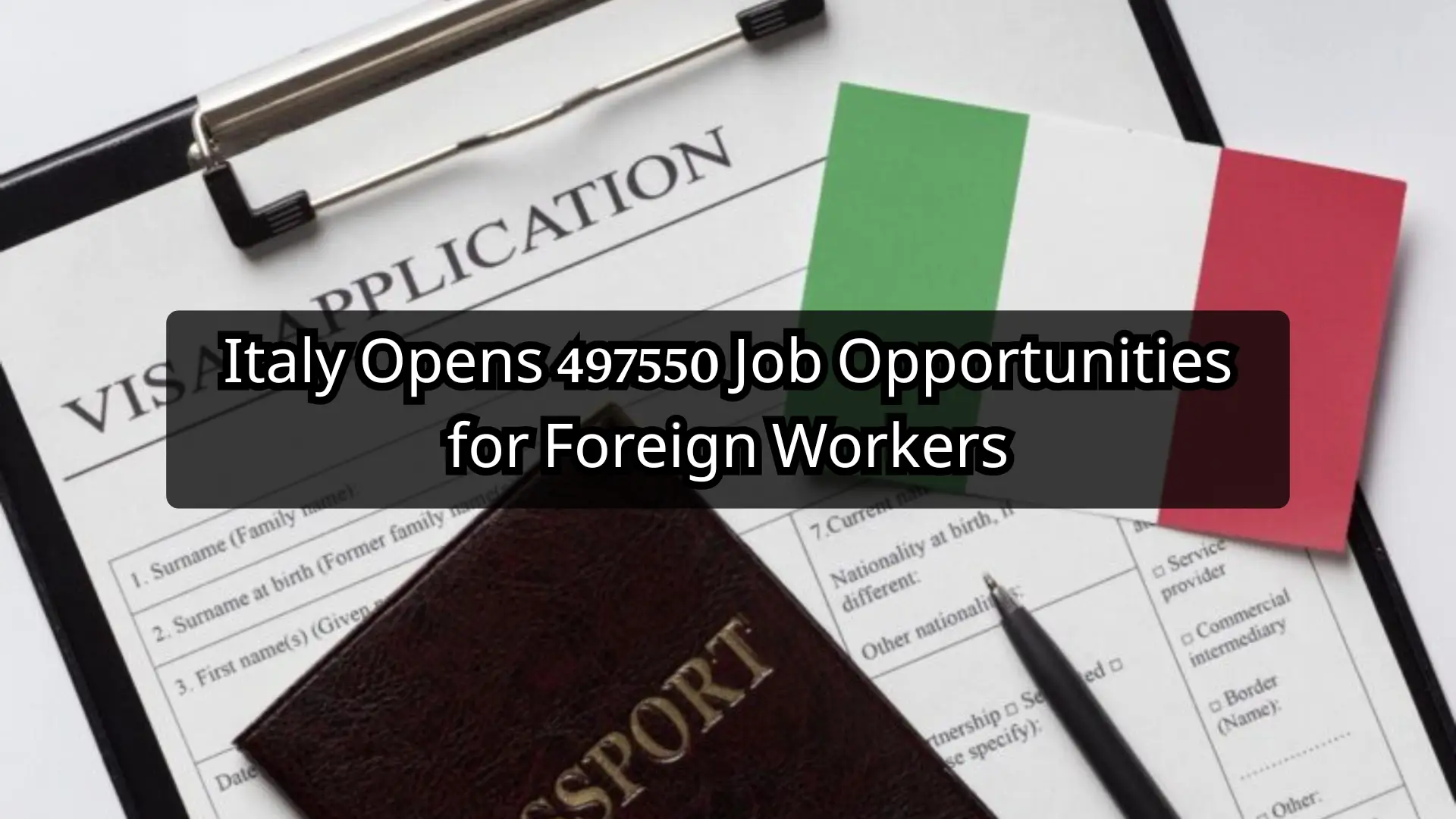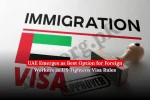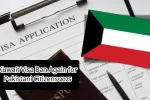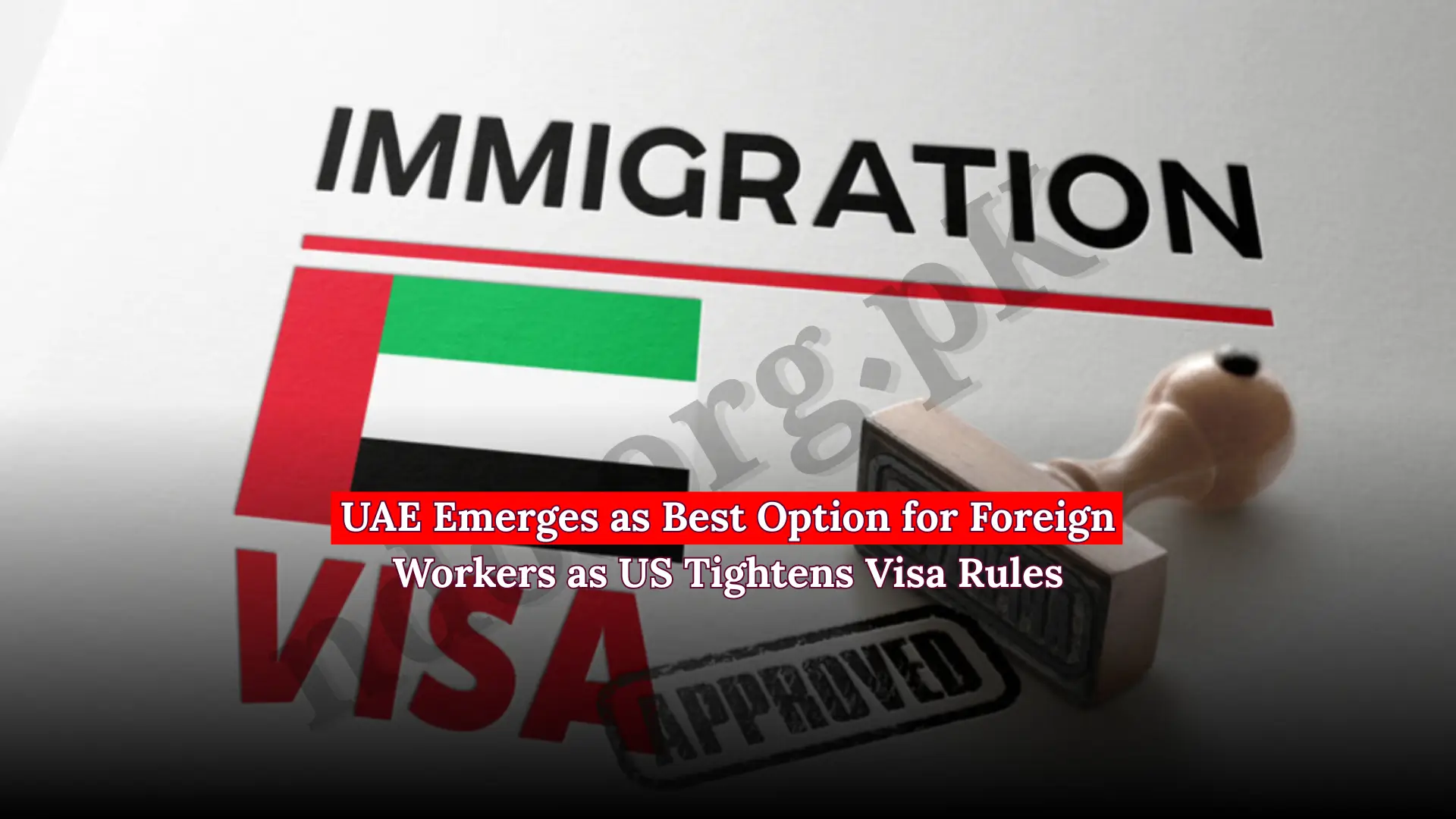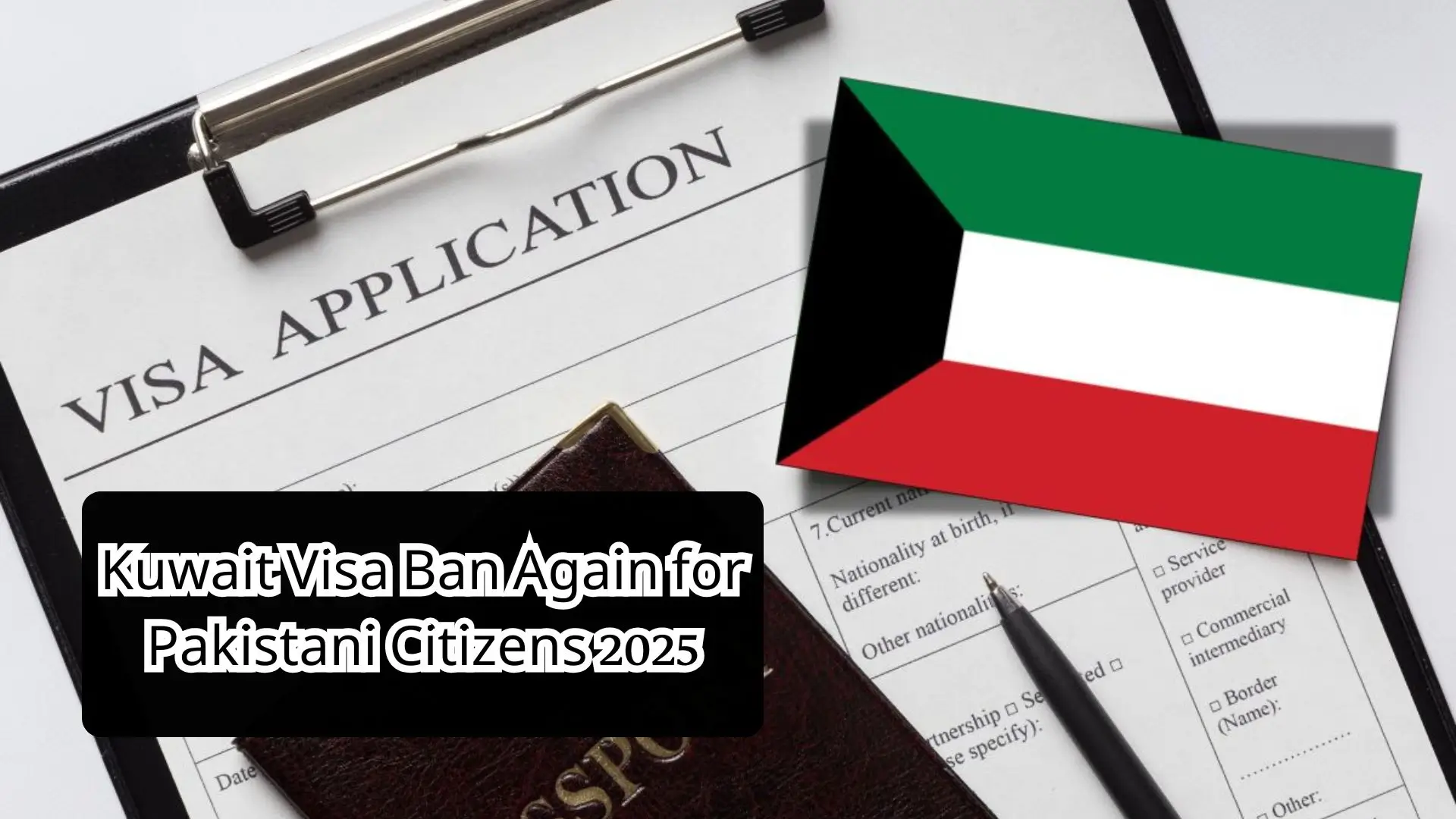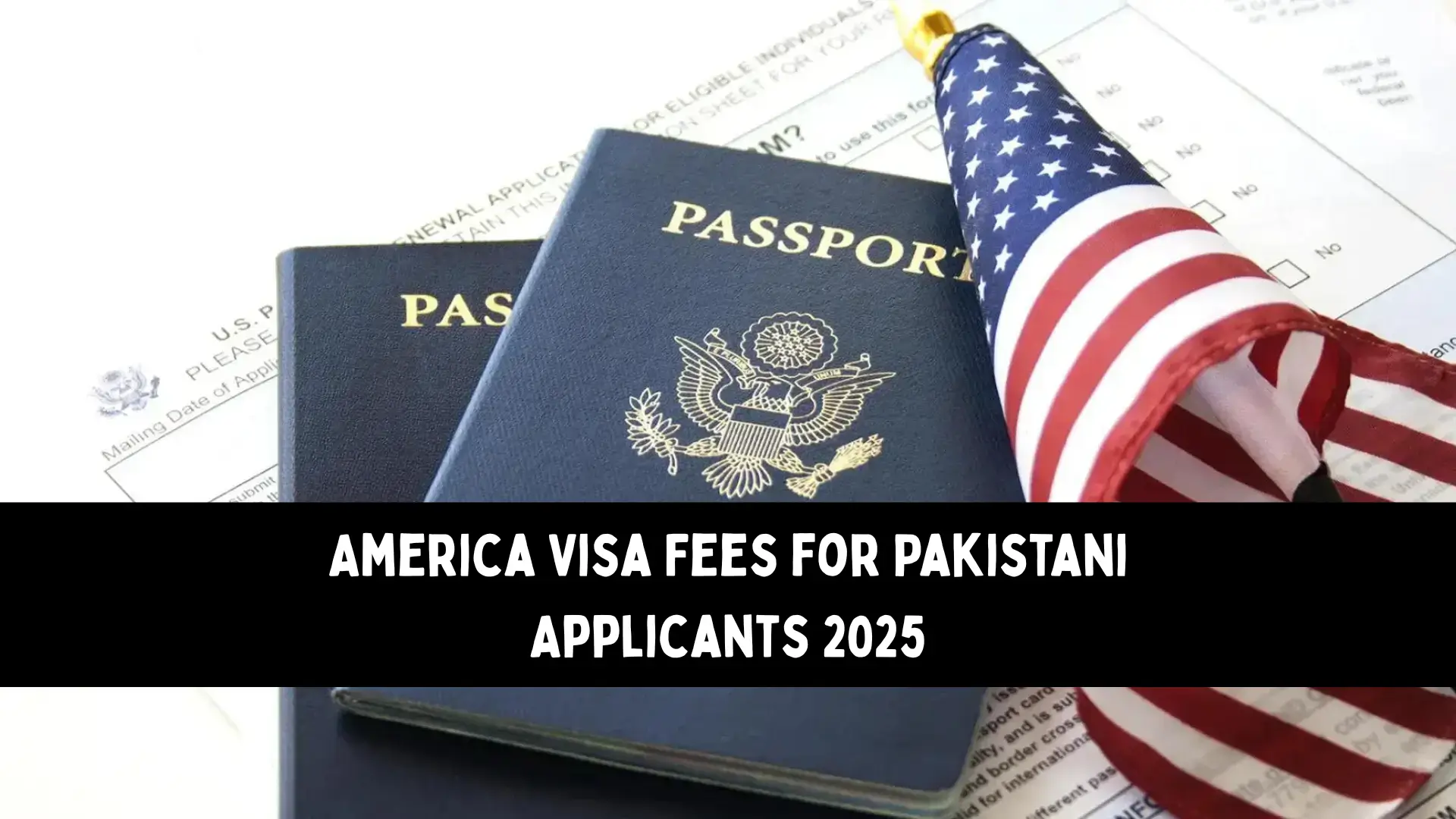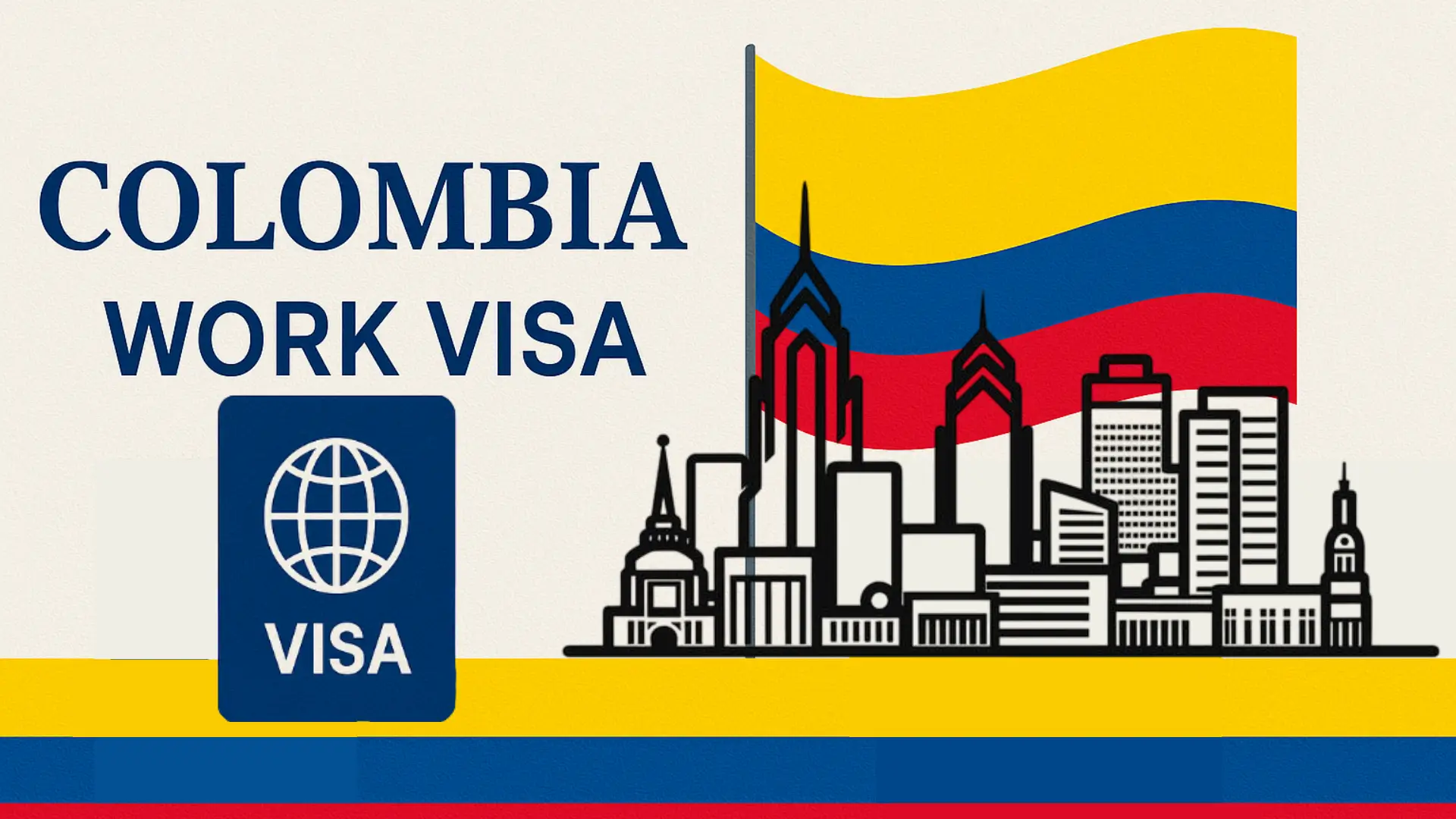Italy Opens 497550 Job Opportunities for Foreign Workers. The Italian government has officially approved a new Decree of the President of the Council of Ministers (DPCM), published in the Official Gazette, defining immigration and work opportunities for foreign workers for the years 2026, 2027, and 2028.
Commonly known as the “Flow Decree” (Decreto Flussi), this policy outlines the job quotas, eligible sectors, and application procedures for non-EU citizens — including Pakistani workers — seeking employment in Italy.
According to the decree, Italy will open nearly 500,000 legal jobs for foreign nationals across multiple sectors within the next three years, marking one of the largest migration programs in Europe.
Job Quota Breakdown (2026–2028)
The Flow Decree specifies annual quotas for various employment types, including seasonal work, non-seasonal employment, and self-employment.
| Year | Total Jobs | Seasonal Work | Regular Employment | Self-Employed |
|---|---|---|---|---|
| 2026 | 164,850 | 88,000 | 72,200 | 650 |
| 2027 | 165,850 | 89,000 | 76,200 | 650 |
| 2028 | 166,850 | 90,000 | 76,200 | 650 |
| Total (3 Years) | 497,550 | — | — | — |
These numbers may change as the Italian government can revise quotas based on labor market demands in key industries such as agriculture, construction, logistics, tourism, and caregiving.
Sectors Included in the Program
The new work visa decree covers multiple categories of employment opportunities:
- Agriculture & Farming – fruit picking, greenhouse work, and livestock management.
- Tourism & Hospitality – hotels, restaurants, resorts, and cleaning staff.
- Construction & Maintenance – carpentry, plumbing, and general labor.
- Transport & Logistics – truck drivers, warehouse workers, and supply chain staff.
- Caregiving & Health Assistance – elderly care, domestic helpers, and hospital attendants.
- Manufacturing & Production – machine operators, factory workers, and quality control roles.
Application Deadlines for 2026
For the 2026 work visa intake, the Italian government has proposed the following tentative application dates:
| Sector | Application Start Date |
|---|---|
| Agricultural Seasonal Work | January 12, 2026 |
| Tourism Seasonal Work | February 9, 2026 |
| Non-Seasonal Employment | February 16, 2026 |
| Family Care Sector | February 18, 2026 |
Applicants should note that these dates are subject to confirmation and may vary slightly based on the government’s annual schedule.
How to Apply for the Italy Work Visa From Pakistan
Applying for an Italian work visa is primarily employer-driven, meaning your Italian employer must first apply for authorization before you can apply for a visa. Below is a step-by-step process:
Step 1: Secure a Job Offer in Italy
Before applying for a visa, Pakistani applicants must obtain a formal job offer from an Italian employer approved under the Flow Decree quota.
Employers typically recruit through licensed agencies or the Italian Ministry of Labour portal.
Step 2: Employer Applies for Work Authorization (Nulla Osta or NOC)
The Italian employer must submit an online work authorization application via the ALI Immigration Portal (Sportello Unico Immigrazione) during the official Click-Day.
Once the Nulla Osta (Work Permit) is approved, it is sent to the employee in Pakistan.
Step 3: Apply for the Italian Work Visa (Type D)
After receiving the Nulla Osta, the Pakistani worker must apply for a Type D Work Visa at the Italian Embassy or Consulate in Pakistan.
Required documents include:
- Valid passport (minimum 6 months validity)
- Work contract and Nulla Osta certificate
- Proof of financial means to support initial stay
- Health insurance valid in Italy
- Passport-sized photographs and completed visa form
The embassy may request additional documents during the interview.
Step 4: Travel to Italy and Obtain Residence Permit
Once the visa is approved, the worker can travel to Italy and must apply for a Residence Permit (Permesso di Soggiorno) within 8 days of arrival.
This document legally authorizes you to live and work in Italy for the duration of your employment contract.
Additional Notes & Key Updates
- The Italian government may revise quotas or introduce extra categories depending on labor shortages in specific regions.
- Unused slots from one year can carry over to the following year.
- Seasonal workers may later convert their permits into long-term or non-seasonal visas if they meet eligibility criteria.
- The process is fully digital, and all applications are submitted through the ALI portal during the specified timeframe.
Why This Matters for Pakistani Workers
This decree offers one of the largest legal migration pathways for Pakistani citizens looking for European employment.
With almost 500,000 new positions, Italy aims to strengthen its labor market while giving skilled and unskilled workers from developing countries a fair chance to work abroad.
It is particularly beneficial for Pakistan’s workforce in agriculture, construction, and caregiving sectors, where demand in Italy remains consistently high.
Important Tips Before Applying
- Ensure your passport is valid for at least one year.
- Gather authentic job offers through trusted channels or Italian companies.
- Avoid agents who promise guaranteed visas — all work visas are processed officially through the embassy.
- Check the Italian Embassy Islamabad website regularly for updated click-day announcements.
- Learn basic Italian language and workplace culture to improve your employment chances.
Useful Contacts
Italian Embassy in Islamabad
- Address: 56-D, Street 25, F-6/2, Islamabad
- Phone: +92 51 283 3183 / 283 3184
- Website: ambislamabad.esteri.it
Italian Consulate in Karachi
- Address: 85, Old Clifton, Karachi
- Phone: +92 21 3586 1488
Final Thoughts
The Italy Work Visa 2026–2028 program is a golden opportunity for Pakistanis aiming to build a career in Europe. With hundreds of thousands of jobs across agriculture, tourism, caregiving, and construction, this initiative provides a legal and structured path to live and work in Italy.

